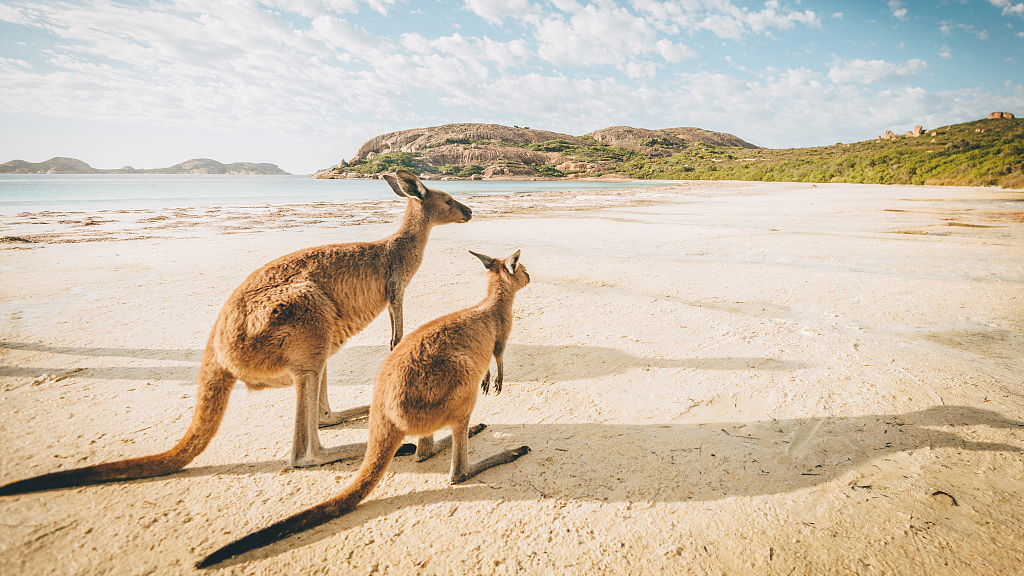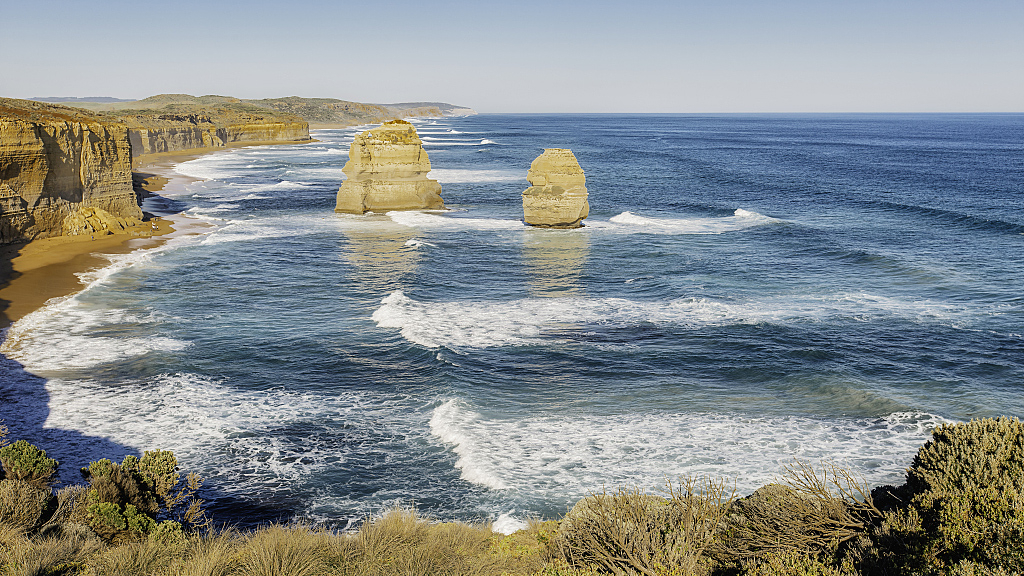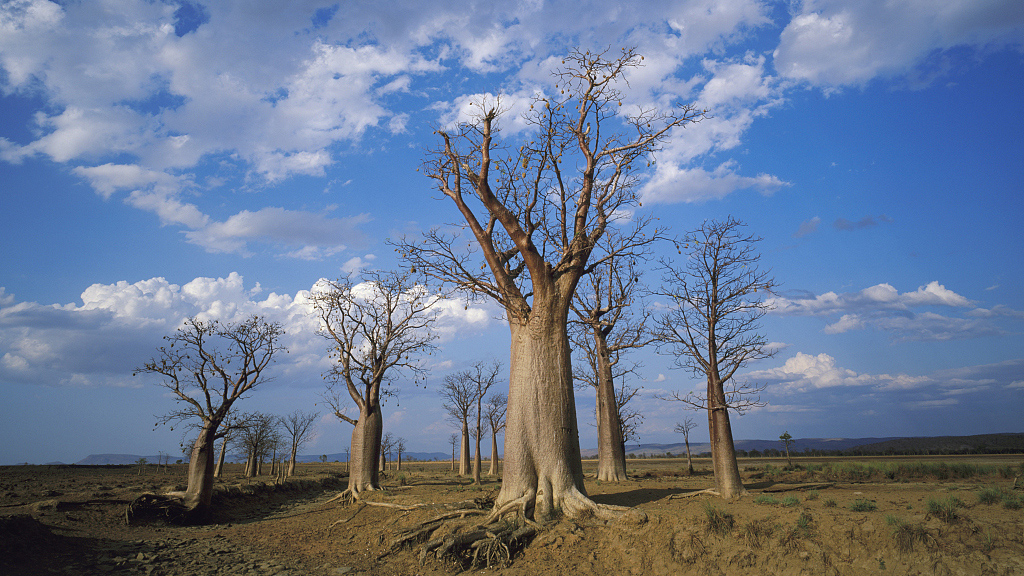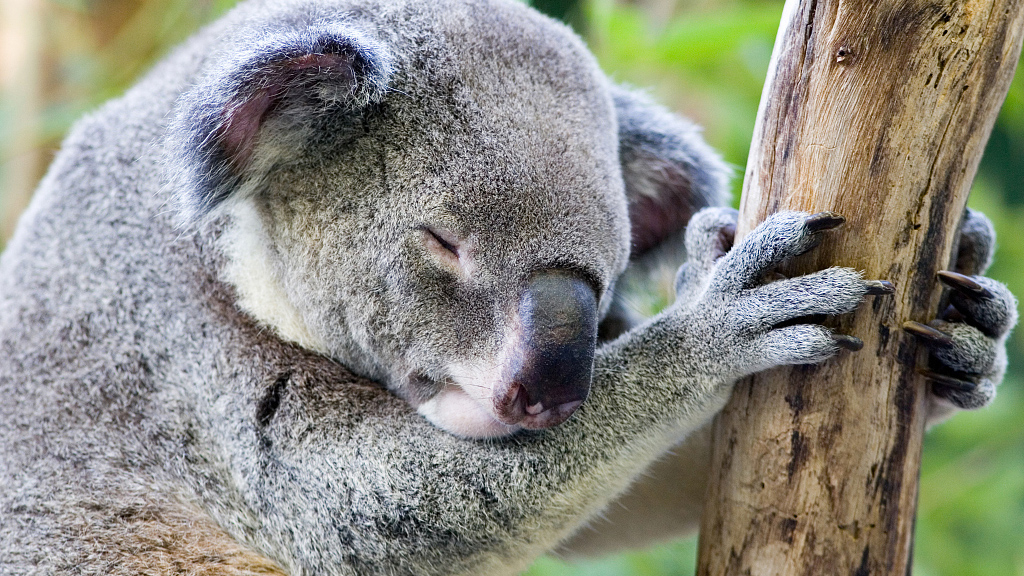

A mega-drought that hit Australia at the beginning of the 20th century devastated ecosystems in one third of the continent, the nation's peak science body has found.
Researchers at the Commonwealth Scientific and Industrial Research Organisation (CSIRO) have recreated the “once in a century” drought using historical records and newspaper articles in order to prepare for future droughts.

Seashore of Australia. /VCG Photo
They found that the drought, commonly known as the Federation Drought because it coincided with the Federation of Australia in 1901, had the biggest impact on biodiversity across a continent of any drought that has been studied.
The drought spanned between 1895 and 1903, with 1902 remaining Australia‘s driest year in recorded history.

The dead trees. /VCG Photo
“In Australia, more than 60 bird, fish, mammal, reptile, and plant genera were severely affected across 2.8 million square km or more than a third of Australia,” CSIRO researcher Robert Godfree said in a media release.
Herbivores, grain-eating birds, fish and plants were most vulnerable, while predators who could feed on dead animals and other groups like waterbirds who could travel long distances were less impacted.
With many of Australia's landscapes more fragmented and degraded, and species under pressure from invasive plants and animals, a similar drought today could spell disaster on an even more devastating scale.

A koala beside a tree. /VCG Photo
In order to accurately recreate the Federation Drought conditions the CSIRO team consulted more than 37,000 newspaper articles and travelled to areas that were hardest hit.
Godfree said that the data would help conservationists identify areas most at risk of suffering biodiversity loss in future droughts.
“We‘re looking to do this through reviewing recent rainfall data and using this to determine which areas, but also which ecosystems and species are on the brink of decline. These are complex systems these changes can occur suddenly,” he said.
(Cover: VCG)
(If you want to contribute and have specific expertise, please contact us at nature@cgtn.com)

Copyright © 2018 CGTN. Beijing ICP prepared NO.16065310-3
Copyright © 2018 CGTN. Beijing ICP prepared NO.16065310-3